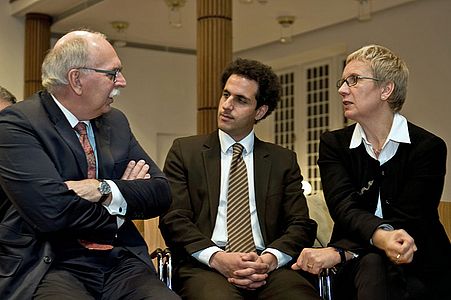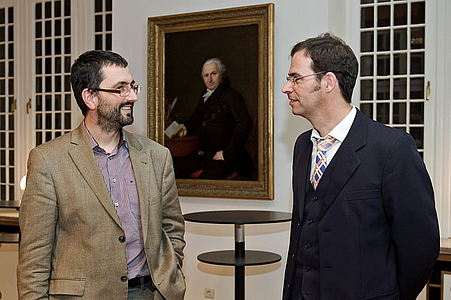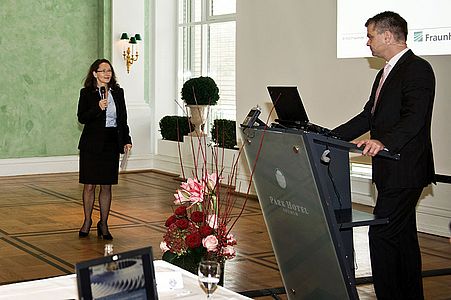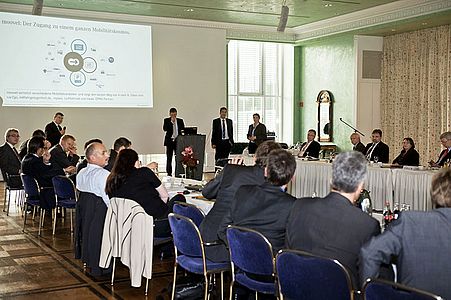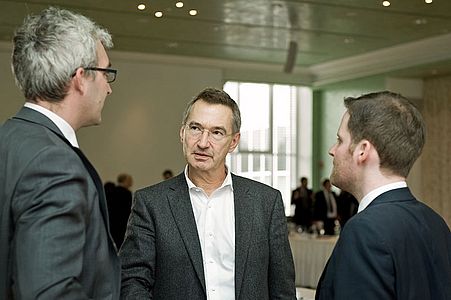BUG 2014
The future of production
The topic
Prof. Dr.-Ing. Bernd Scholz-Reiter
Prof. Dr.-Ing. Bernd Scholz-Reiter Industrial production in Germany stands for innovative strength, prosperity and employment. Production creates jobs, including in indirect service sectors. This means that around every second job is linked to production. Germany is the engine of the European economy and also plays a pioneering role worldwide with the Federal Government's high-tech strategy. The strong co-operation between science and industry is one of Germany's strengths as a business location. The framework conditions for production have changed in recent decades and will continue to put pressure on Germany as a production location in the future. Globalisation, scarcity of resources, climate change, the penetration of new technologies and the dynamisation of product life cycles are changes that require active participation. The use of modern information technologies is playing an increasingly central role in this. Nowadays, they provide ever more extensive information, regardless of location, which leads to intelligent products, services and completely new business models. In the factory of the future, for example, all components will form a self-controlling information network that communicates and makes decisions independently. In the logistics system of the future, load carriers will determine their own route and optimise the route or transport conditions as required. The 4th industrial revolution is imminent in practice. In science, the foundations for this have also been laid in a special research centre at the University of Bremen. Against the backdrop of these fundamental changes and the increasing technological possibilities, the Bremen University Talks 2014 focussed on the future of production. A topic that is also close to my heart as a production engineer and professor of planning and control of production technology systems. On 13 and 14 November 2014, renowned speakers discussed future production scenarios in three subject areas with a very knowledgeable audience: Globalisation of production and development, Individualised production and mastering complexity and Automotive production in transition. The scientific coordination of the Bremen University Talks 2014 was the responsibility of Prof. Dr.- Ing. habil. E. h. Ekkard Brinksmeier and Prof. Dr.-Ing. habil. Matthias Busse (University of Bremen), whom I would like to thank for the successful organisation and implementation, as well as the Wolfgang Ritter Foundation and the Friends of the University for the ideational and financial support.


